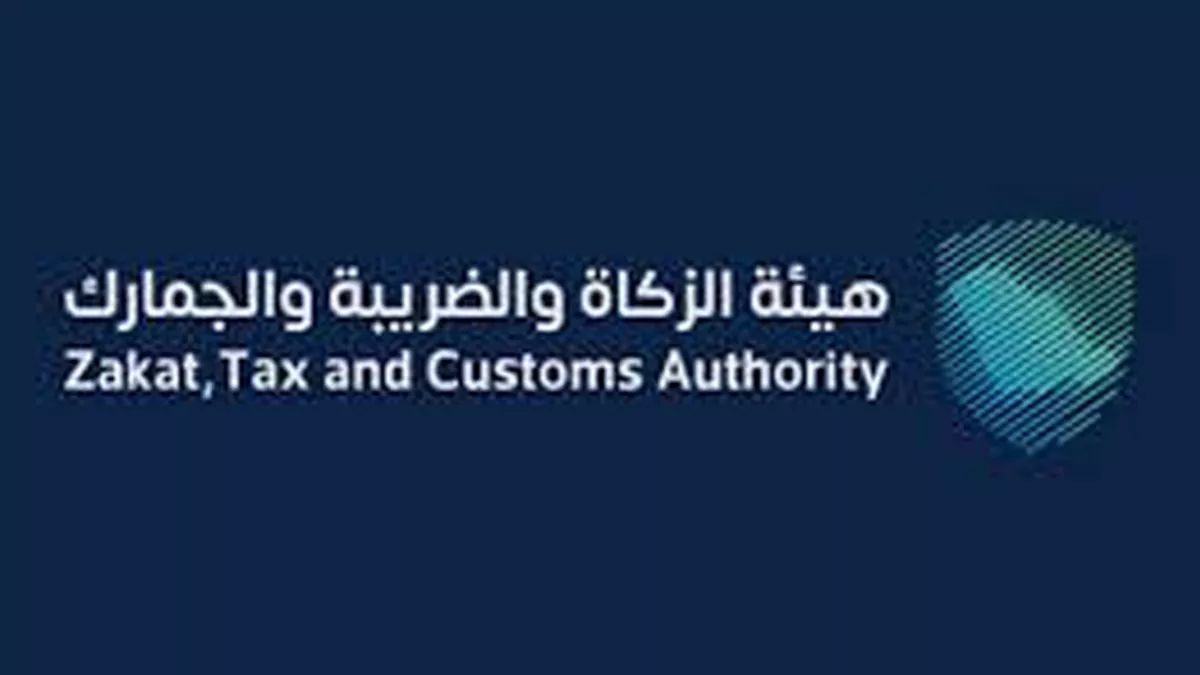Personal belongings and used household items brought by citizens and expatriates will be exempted from customs duty
20 Dec 2023
News
Customs duties will not apply to used home items and personal things that foreign nationals and expatriates bring into their country. According to Okaz/Saudi Gazette, this is one of the new rules controlling customs operations that were authorised by the governor of the Zakat, Tax and Customs Authority. The new rules state that only used home goods and personal belongings brought in by nationals and expatriates within a maximum of six months of their entry in the Kingdom would be free from customs duties. Additionally, expats who are going to live in the Kingdom for the first time will be granted this exemption.
These things have to be imported from their place of residency and limited to personal use, according the restrictions. Transportation tools will not be included in the list of personal items. To be eligible for the exemption, expatriates must show documentation of their initial entry into the Kingdom.
The laws provide that in the case that products arriving at land customs ports require inspection at another port or in the absence of a technical authority, they will be referred to customs departments inside the Kingdom. Additionally, it is mandated that trailers and containers be kept securely secured and that any modifications to their locks or seals must have approval from the relevant authorities.
A single consignment that enters under one policy and belongs to one owner may not be divided. If the products are received in the name of a shipping broker who has registered with the service on the authority's platform, there will be an exemption to this rule for goods that reach partially for reasons pertaining to the source nation and goods that split because of their size. Article 32 of the rules states that commercial samples brought into the Kingdom shall not be subject to customs tax as long as their worth as determined by the principles will not exceed SR5000.
The regulations state that when importing goods, the following documents must be attached: a certificate of origin or a certificate of proof of origin for those goods for which it is difficult to confirm their origin; the invoice, bill of lading, or export statement in the case that the goods arrive through land ports. Depending on the nature of the imported items, it is also important to submit the proper certificates and documentation upon request from the appropriate government agencies.
